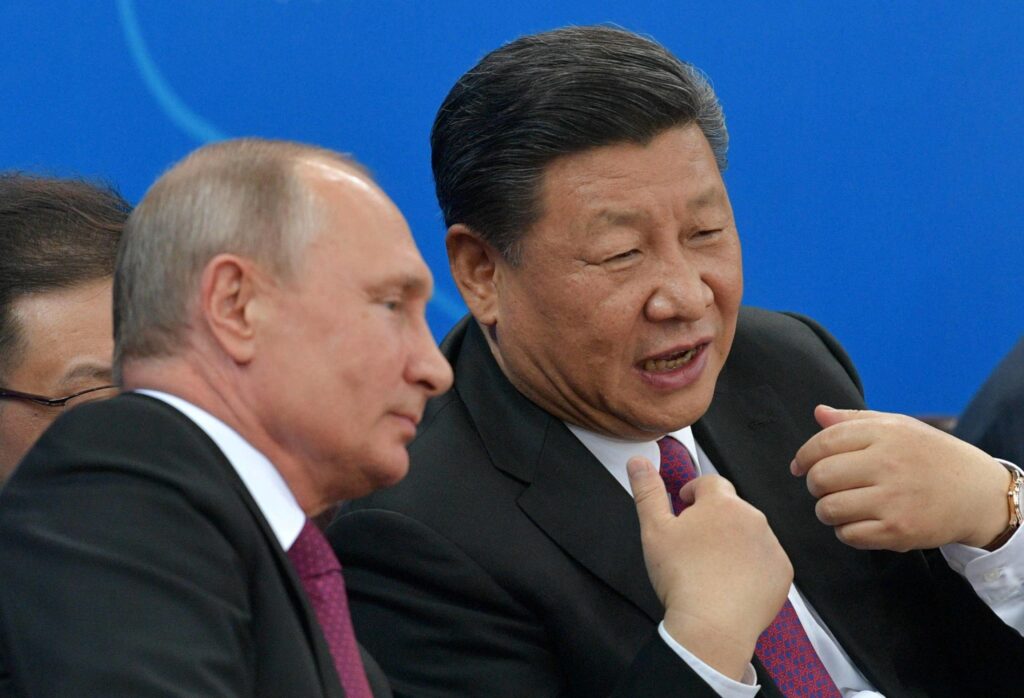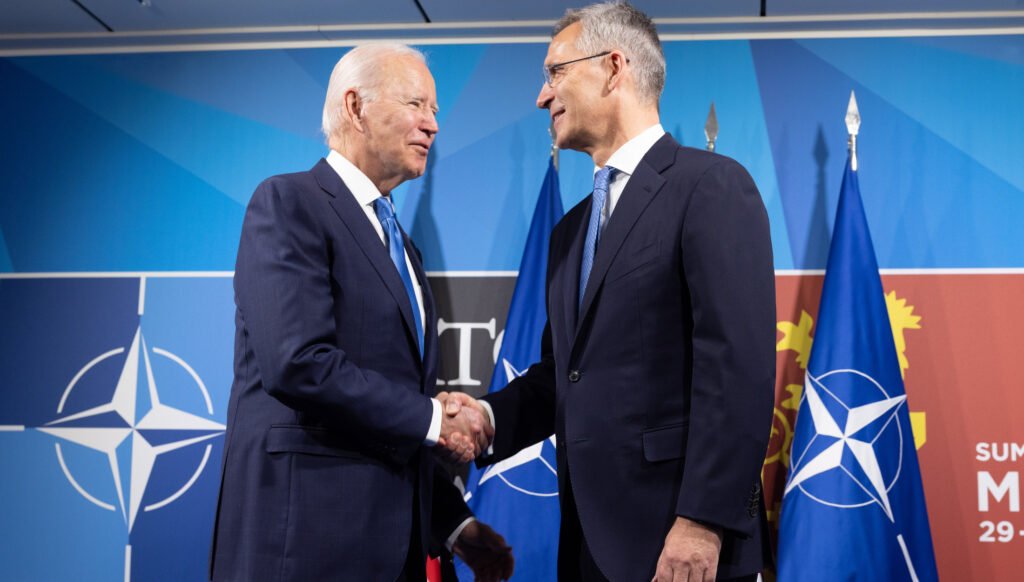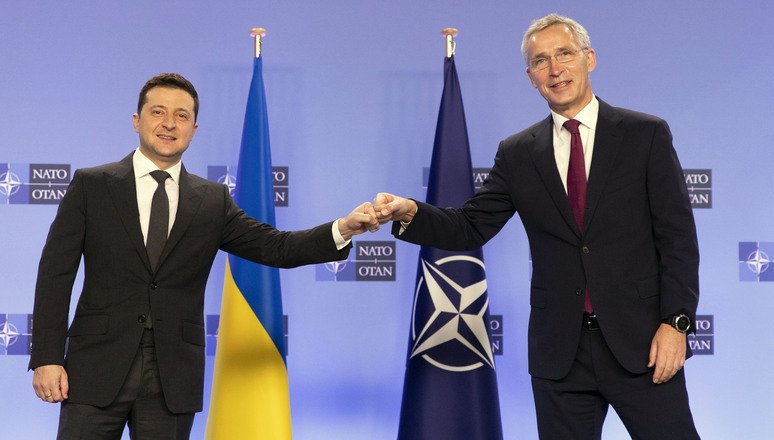On the one-year anniversary of Russia’s invasion of Ukraine, China has reaffirmed its support for a peaceful resolution to the conflict as Beijing comes under increasing criticism from Washington and its allies over its expanding ties with Moscow.
Friday saw the issuance of a position paper from China’s Foreign Ministry, which reiterated the country’s opposition to the use of nuclear weapons and calls for the restart of peace negotiations and the lifting of unilateral sanctions.
The 12-point plan is a part of Beijing’s most recent attempts to position itself as a neutral peace broker as it juggles its deteriorating relations with the West and its “no-limits” relationship with Moscow as the war grinds on.
“No one benefits from conflict or war. To avoid stoking the fires and escalating tensions and stop the crisis from getting worse or possibly spinning out of control, all parties must remain calm and show restraint, the daily stated.
By refusing to recognise the nature of the conflict—it has so far refrained from using the word “invasion”—and by supporting Moscow diplomatically and economically, Beijing’s claim to neutrality has been badly damaged.

Meanwhile, Chinese authorities have refuted allegations that they are considering offering Russia deadly military support, which has alarmed Western leaders.
Many of China’s traditional talking themes, such as urging both sides to pick up the peace talks, are reiterated in the policy document. It added that China will play a “positive role,” without providing any other information, and stated that dialogue and discussion are the only practical solutions to the Ukraine situation.
Furthermore, although stating that “sovereignty, independence, and territorial integrity of all countries must be successfully preserved,” Russia’s violation of Ukrainian sovereignty is not mentioned in the treaty.
The language in the paper seems to be primarily directed at the West. The article stated that the “Cold War attitude” should be dropped in a thinly veiled critique of the United States.
“Military bloc expansion or strengthening should not be used to increase regional security. It stated, presumably reflecting Moscow’s position that the West instigated the war by the expansion of NATO, that “the legitimate security interests and concerns of all countries must be considered seriously and treated appropriately.”
It also seems to be critical of the extensive economic sanctions put in place against Russia by the US and other Western nations. The statement read: “Unilateral sanctions and intense pressure cannot resolve the issue; they only produce new issues.” In order to contribute to deescalating the Ukraine issue, relevant countries should quit utilizing unilateral sanctions and ‘long-arm jurisdiction’ against other nations.
US National Security Advisor Jake Sullivan said the war “might end tomorrow if Russia stopped bombing Ukraine and withdrew its forces.” American authorities promptly slammed the report.
According to Sullivan, who spoke to CNN, “my initial response to it is that it might stop at point one, which is to respect the sovereignty of all states.” Russia wasn’t under attack from Ukraine. NATO wasn’t going after Russia. Russia was not being attacked by the US. This was a conflict that Putin voluntarily started.

According to Reuters, Jorge Toledo, the European Union’s ambassador to China, stated to reporters during a briefing in Beijing that China’s position paper was not a peace proposal and that the EU is “studying the paper seriously.”
While Ukraine praised the position paper as “a welcome step,” it asked China to take additional action.
Ukraine’s Chargé d’Affaires to China Zhanna Leshchynska stated at the same briefing in Beijing that “China should do everything in its power to stop the war, restore peace in Ukraine, and persuade Russia to remove its soldiers.”
She noted that Kyiv was not informed prior to the paper’s publishing and added, “In neutrality, China should talk to both sides: Russia and Ukraine, and today we can see China is not talking to Ukraine.”
In an effort to portray Beijing as a responsible peace negotiator during a diplomatic charm offensive in Europe, top diplomat Wang Yi first discussed the position paper last week at a security conference in Munich.
Wang met with Putin on Wednesday during his final stop in Moscow on his European tour.
As Wang entered the meeting space, Putin extended his arms in greeting and declared that relations between Russia and China were “reaching new milestones.”
“Relations between Russia and China are progressing as anticipated in prior years. When he sat next to Wang, Putin assured reporters, “Everything is progressing and changing. As we have stated time and time again, cooperation between the Russian Federation and the People’s Republic of China in the international sphere is crucial for maintaining world peace.
The two nations “often experience catastrophe and upheaval, but there are always chances in a crisis,” according to Wang.
To further enhance our complete strategic alliance, Wang stated, “this necessitates that we identify changes more voluntarily and respond to the changes more aggressively.




